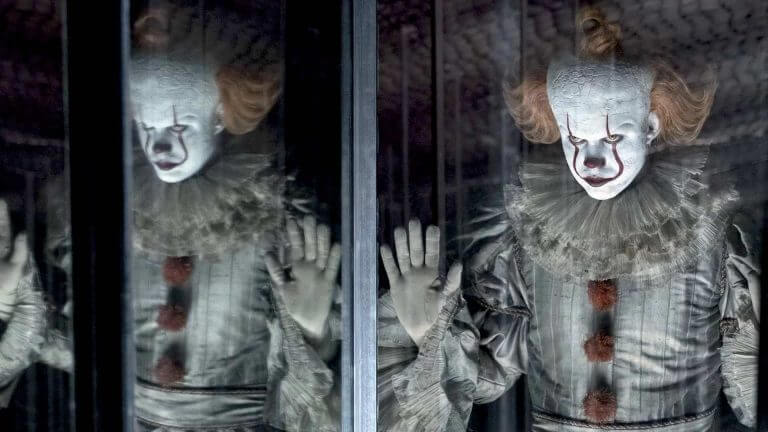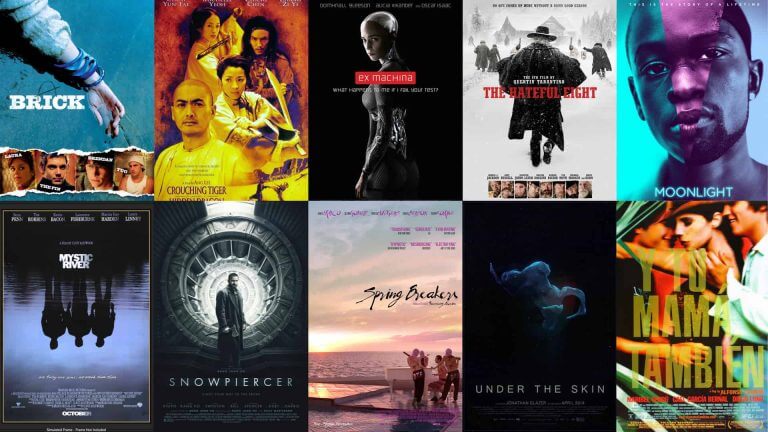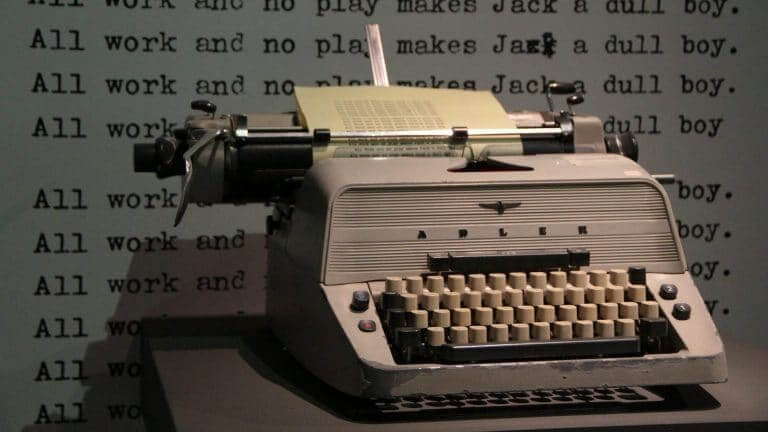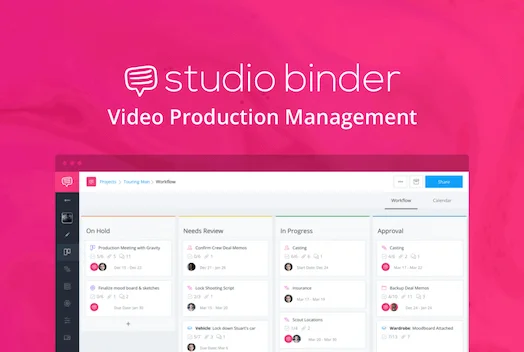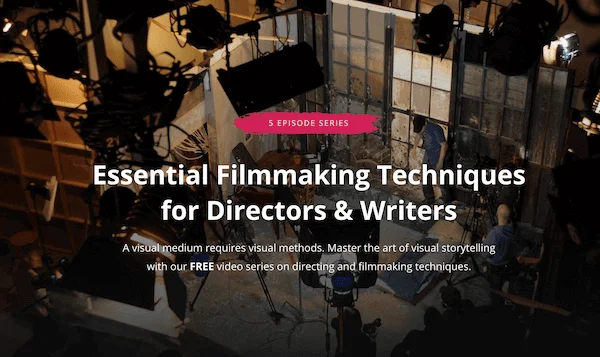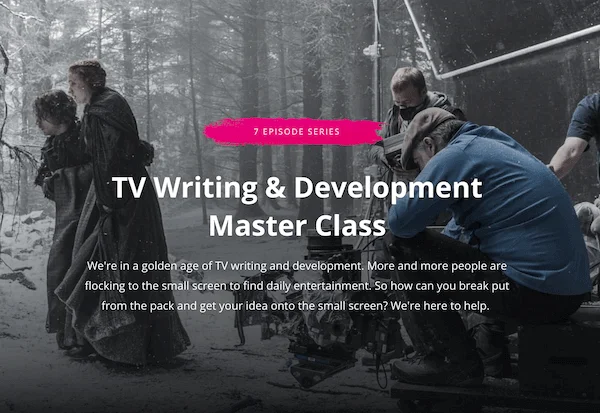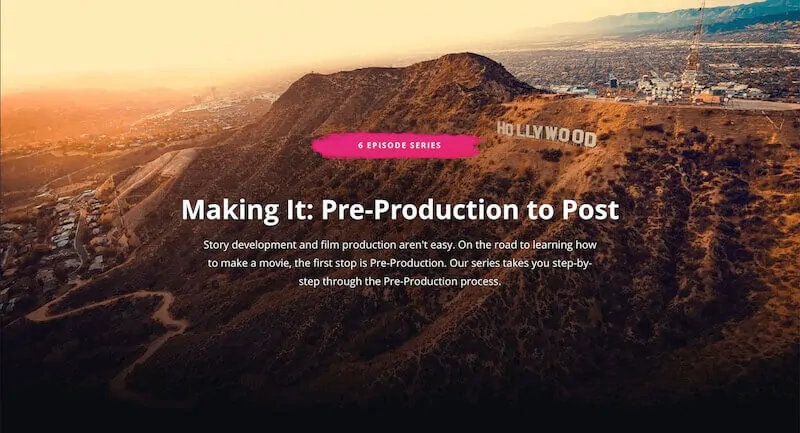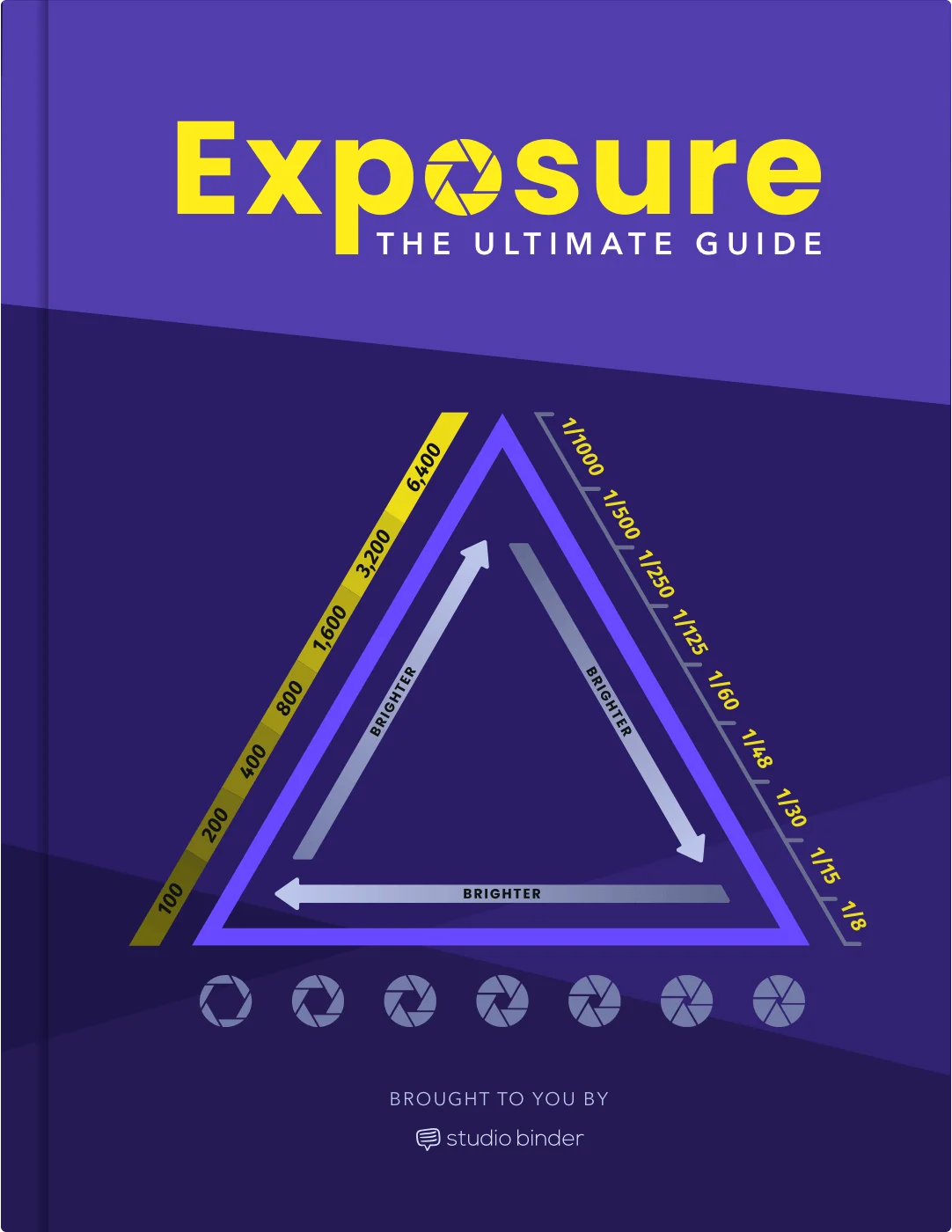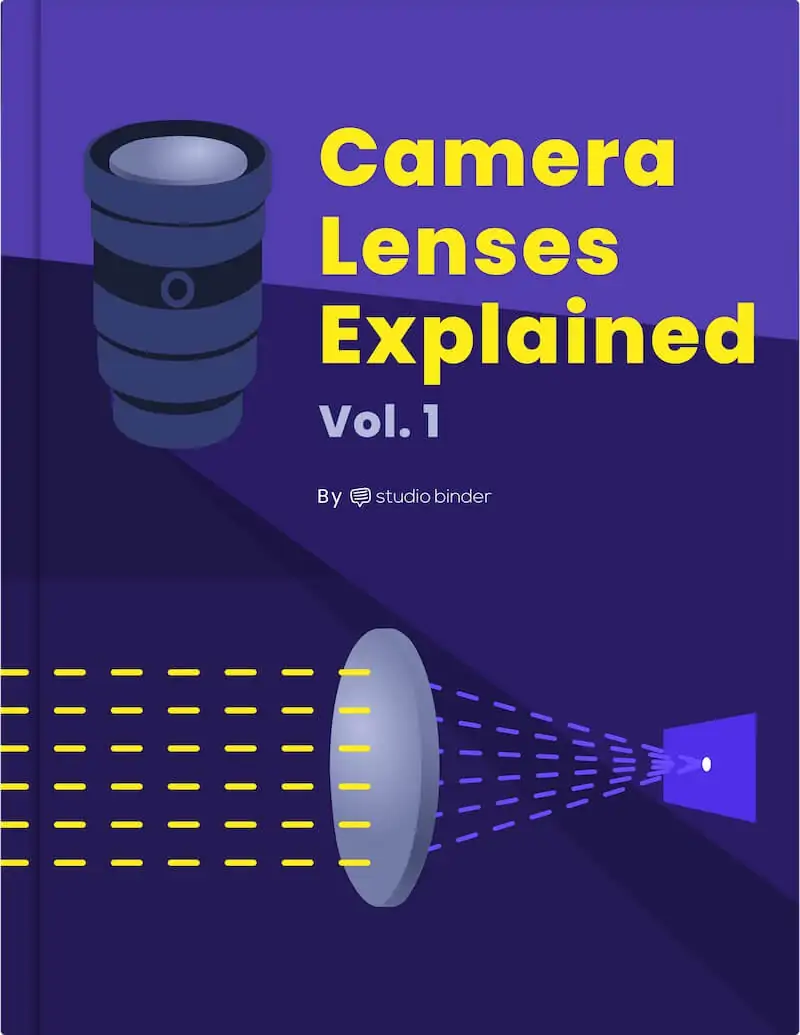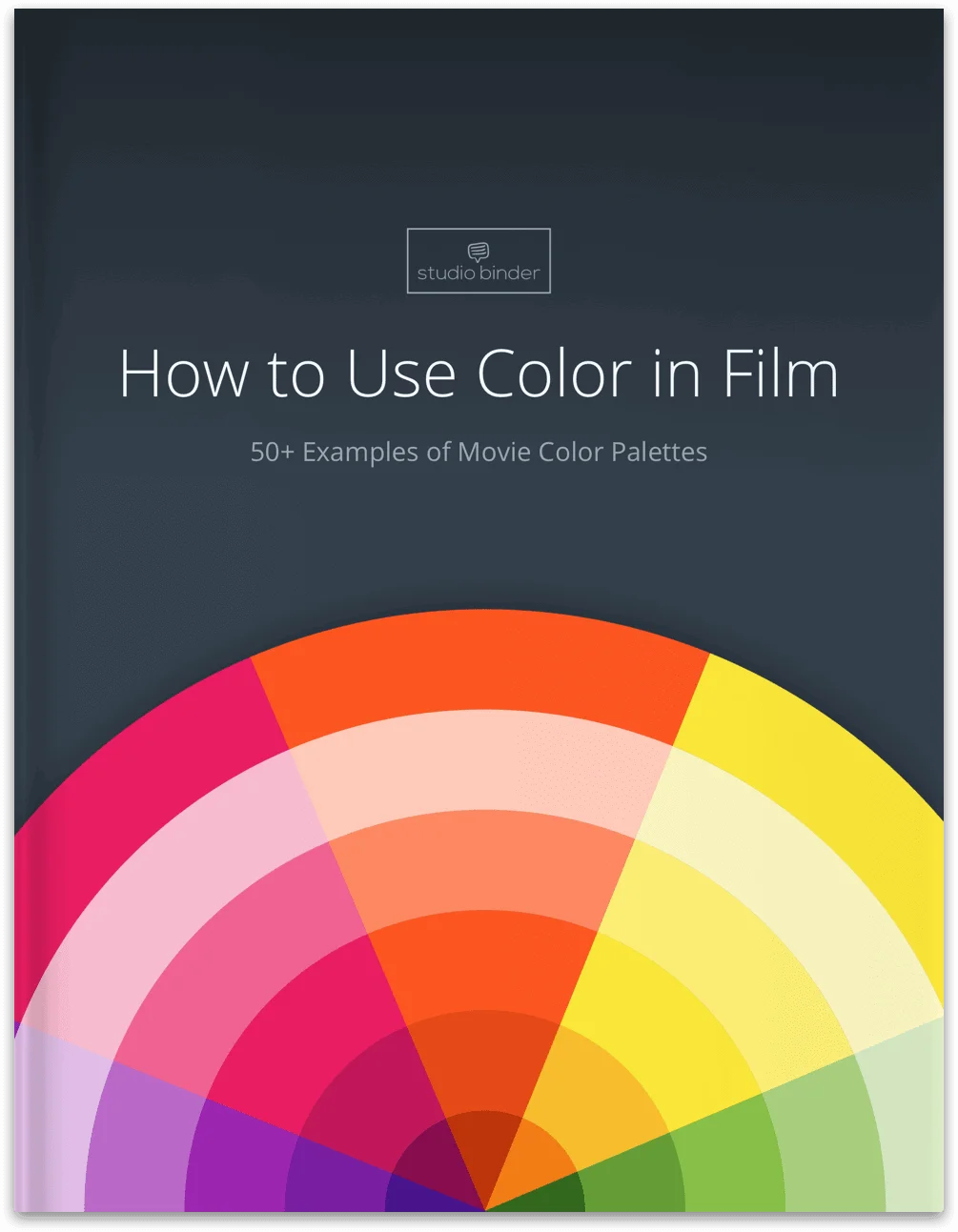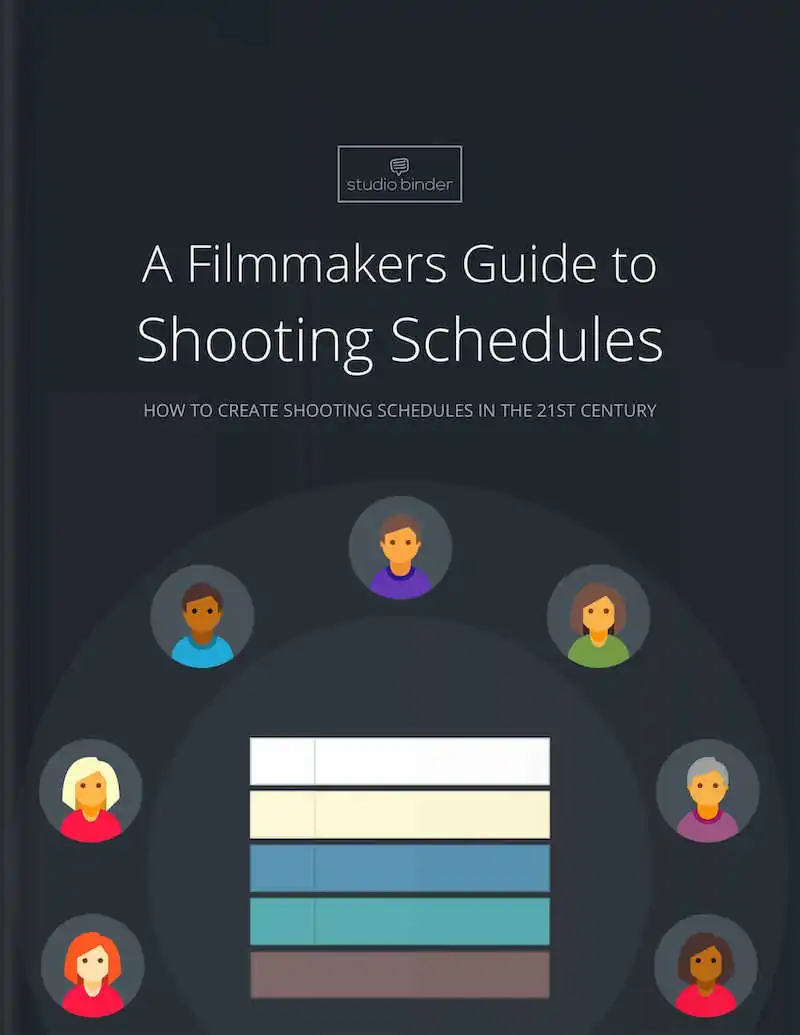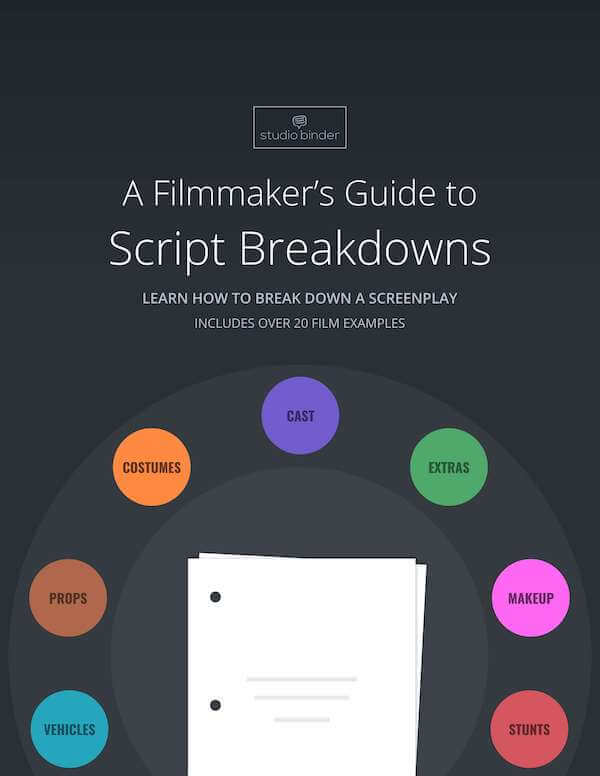Sidney Lumet directed feature films and television for over 50 years. In other words, we can learn a lot from his perspective about the film business and film directing. We were lucky enough that Lumet decided to share these thoughts in book form. “Making Movies” by Sidney Lumet is an invaluable resource for any filmmaker.… Continue reading What We Can Learn from “Making Movies” by Sidney Lumet
The second and concluding chapter in director Andy Muschietti’s adaptation of Stephen King’s It is here. The Losers Club are all grown up as they return to their childhood town to battle inner and outer demons. The cast is impressive, the visuals are stunning, and the imagination on display is undeniable. But that doesn’t translate to… Continue reading “It Chapter Two” Review: Bigger Not Better
Proper screenplay format is a necessary evil. Some rules are set in stone while others can be left up to a writer’s preference–the lack of consensus can certainly be frustrating. So, what’s a writer to do? The first step is to use a screenwriting program, like StudioBinder. This ensures that most of your formatting concerns are dealt… Continue reading How to Format a Script with Keyboard Shortcuts
Scenes numbers are extremely important in any project. Keeping the original numbers intact will save any pre-production work you’ve already done. But there are times when renumbering scenes makes sense. How is this done and what are the negative aspects of this process? The good news is that renumbering your scenes in super simple. The only… Continue reading How to Renumber Scenes in StudioBinder
⌂ Types OF IronyVerbal IronySituational IronyDramatic Irony Dramatic irony is one of the three main types of irony. Like verbal and situational irony, dramatic irony is an integral element of storytelling. The power a writer or director can yield with a firm grasp of dramatic irony is huge. But what is dramatic irony and how… Continue reading What is Dramatic Irony? Definition and Examples for Screenwriters
⌂ Types OF IronyVerbal IronySituational IronyDramatic Irony Situational irony is a broad term with near-endless applications. At a fundamental level, every story has some aspect of situational irony – which means that it’s a key component of storytelling. But what is situational irony? We’re going to define situational irony by looking at situational irony examples… Continue reading What is Situational Irony? Definition and Examples
Eating, drinking, sleeping, and sex are elements of human behavior we all share. The difference with sex is that it has been deemed taboo for centuries. That moral standard has been loosening for decades now, and sex has become a more significant part of mainstream entertainment. But just because we CAN show sex in movies doesn’t… Continue reading How to Write and Direct Sex Scenes
Scripts are constantly evolving. That’s just what they do. New scenes are added and old scenes are deleted throughout pre-production and production. How do these new changes affect your project? In StudioBinder, making script changes is easy and your project is kept intact. We’re going to walk through the process of how to make script changes, syncing… Continue reading How to Make Script Changes in StudioBinder


